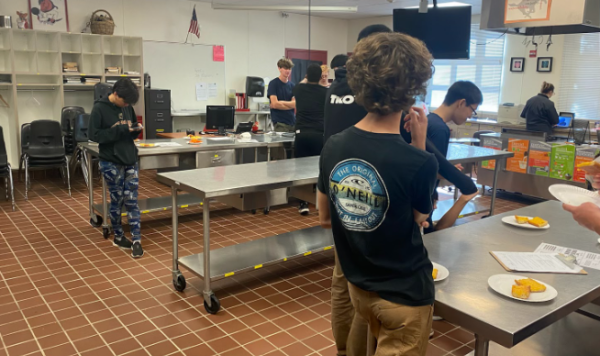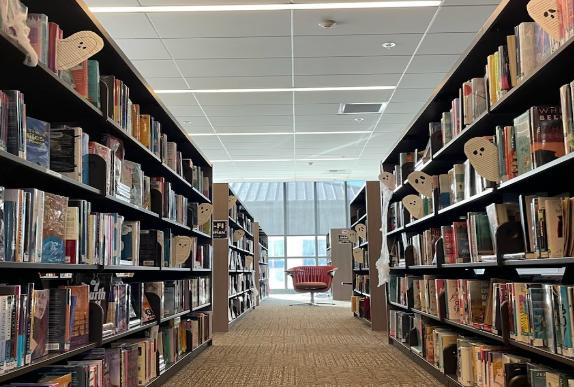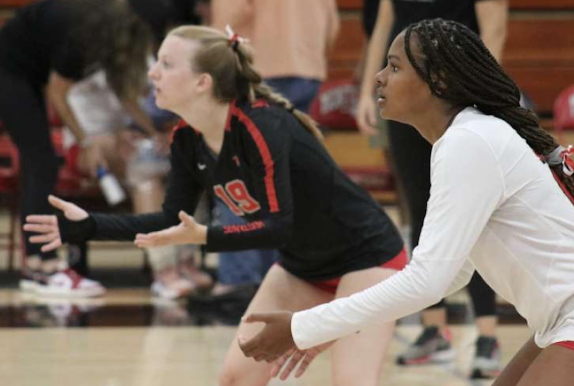Does divorce affect academic performance?

This diagram demonstrates the effects divorce has on students. Studies have shown that divorce can play a role in a student’s academic performance.
According to U.S. Department of Health and Human Services, more than forty percent of American children will experience the divorce of their parents, which can lead to the upheaval of their home lives, and potentially their school work.
Studies have shown that students experiencing repeat divorces do much worse in school, and are often seen as less pleasant to be around by teachers and peers. In addition, the high school dropout rate for teenagers with divorced parents is roughly two times higher than that of teenagers with married parents.
Part of the problem is caused by distraction as a result of the situation. Students aren’t as focused on their work and have trouble concentrating either because they are ashamed of the situation or blame themselves for their parents’ separation. There are also many cases in which kids harbor hopes that of a reconciliation between their parents.
In a recent national study, Yongmin Sun, co-author of the study and assistant professor of sociology at Ohio State University’s Mansfield campus, tested 10,000 teenagers and looked at them during four different time points: about three years and one year before divorce and one year and three years after divorce.
“The damage in children’s psychological well-being is already observable three years prior to divorce, but gets worse as the divorce approaches,” Sun told to Ohio State Research News. “Yet, as the event of divorce recedes, the detrimental effect becomes smaller, indicating a recovery in children’s psychological well-being after the divorce. Test scores, however, continue to decline.”
Most psychologists agree that divorce negatively impacts an adolescent’s academic performance. Lesley Foulkes-Jamison, Ph.D., writes about the negative effects of divorce on the Clinical Psychology Associates website.
“School Work may suffer or school avoidance may develop,” Foulkes-Jamison said.
The Mayo Clinic suggests that in order to help kids cope with the divorce, parents should not only talk to their children, but also maintain a normal routine and not involve the children in the conflict. If parents notice that their child is feeling overwhelmed or having difficulty coping, professional help from a school counselor, social worker or psychologist may be necessary.
While all the research shows that there is a correlation between between divorce and academic performance, the interviews with people from Monte Vista who have first hand experience with this issue seem to demonstrate that the opposite is true. In the interviews with both a Monte Vista junior and senior, both say that the divorce of their parents has had little to no effect on their school work or performance. However, different circumstances can contribute to a person’s experience in dealing with the divorce of their parents.








